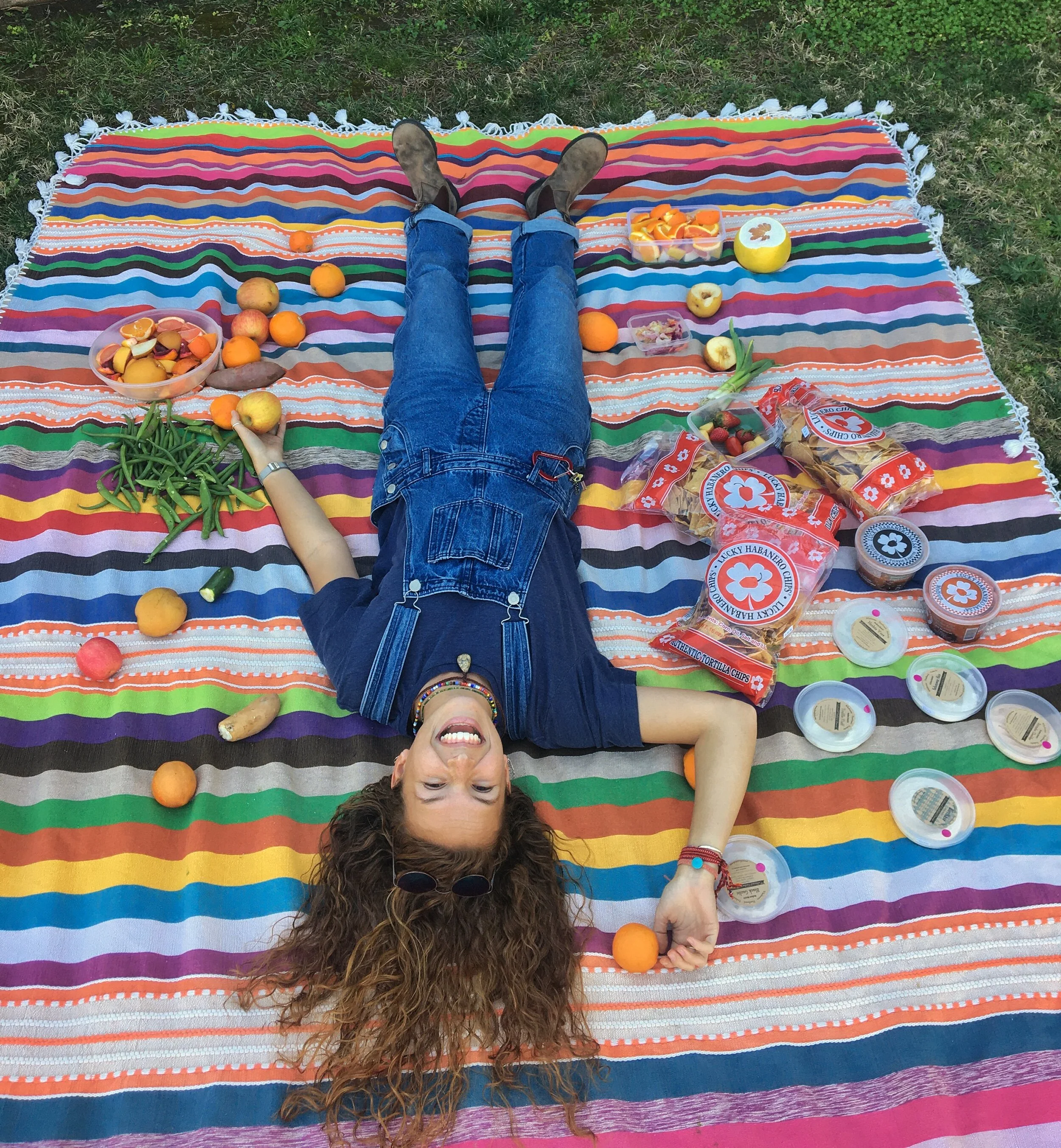Chapman senior lives nearly waste-free
Deierling was born and raised in Seattle Washington prior to her time at Chapman. Her zero-waste lifestyle has inspired her friends and family to reduce their carbon footprint.
Christina Deierling lives a nearly waste-free lifestyle. Growing up in Seattle, Washington, Deierling’s father raised her to be waste free by forcing her to reuse tissues for her nose that weren’t dirty enough instead of wasting half-used ones. His food bank in Washington State, known as Marysville community food bank, also sparked Deierling’s passion for protecting the environment that bloomed once she stepped foot at Chapman.
Deierling, a senior in Chapman’s masters program for leadership and development, dumpster dives for her food instead of purchasing at grocery stores or farmers markets. She also attends events on campus to take the leftover food not being used, takes expired foods her friends don’t want, washes her hair and face with only water and uses baking soda as toothpaste.
Dumpster diving is no challenge for Deierling. Whenever she goes, she rarely leaves empty handed.
“A few days ago I went dumpster diving in Laguna Beach and found four boxes of organic arugula,” Deierling said. “My findings consist of fruit, gallons of milk, bags of chips, juices, rice and beans, chocolates and pounds of meat from school events, which I usually pass out to people.”
Deierling told The Panther that seeing the amount of food that gets wasted is the hardest part for her when 40 million people in the United States struggle from hunger each year. The amount of food waste produced in the United States each year could feed over two billion people, according to World Food Program USA. There is also enough plastic waste produced globally each year to circle the earth four times and Americans alone throw away 35 billion plastic bottles each year.
“I’m not 100% waste free,” Deierling said. “I have no food waste, but I still have some plastic waste. I’m often presented with plastic when I take food home that I have found. There’s so much plastic on everything that it’s hard to avoid.”
The best ways to be waste free, according to Deierling, are reducing your consumption of meat and the amount of clothes you buy. Raising livestock, cows, pigs, chicken and cattle requires cutting down millions of square kilometers of forests to create grazing pastures, which produces as much greenhouse gas emissions as all cars, trucks and automobiles combined. The creation of clothes is also a major contributor to pollution as it is responsible for 10 percent of annual global carbon emissions.
For students at Chapman who wish to learn more about sustainability, Deierling recommends volunteering at Orange Home Grown Farm located across the street from the Fowler School of Law.
“From 9:30 a.m. to 11:30 a.m. you can bring your compost, learn how to garden and you can get free vegetables,” Deierling said.
Deierling said she is proud of her choices, and her friends and family are too.
“When people around Chapman find out about what I do, they’re interested,” Deierling said. “Many of my friends at home dumpster dive as well so it’s more normal there.”
One of Deierling’s professors, Dr. Sara LaBelle, told Deierling that her husband began saving their food waste and reusing it after she told him about Deirling’s lifestyle. Until then, Deierling didn’t realize the impact of her actions on people around her.
“It’s cool to see that my actions are making a difference,” Deierling said. “I want to live as sustainable as possible, living off the earth and hopefully not other people’s waste. Hopefully the waste problem will eventually be taken care of.”

